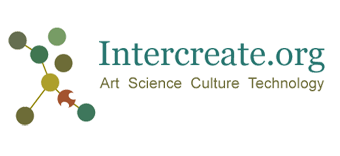Balance-Unbalance: Arts + Science x Technology = Environment / Responsibility
We are living in a world reaching a critical point where the equilibrium between a healthy environment, the energy our society needs to maintain or improve this lifestyle and the interconnected economies could pass more quickly than expected from the current complex balance to a complete new reality where unbalance would be the rule and human beings would need to be as creative as never before to survive.
The arts could become a powerful tool of awareness and transformation in times of ecological threats, economic uncertainty and political complexity. Artists, scientists, economists, philosophers, politicians, sociologists, engineers, management and policy experts were sharing their knowledge, debating over different perspectives, exploring new projects and starting to build paths with the intent of engendering awareness and creating lasting intellectual working partnerships in solving our global environmental crisis during two conferences, one organized in Buenos Aires (2010) and the other in Montreal (2012). This panel explores outcomes and ideas from both conferences and introduces the framework for Balance-Unbalance 2013 (Future Nature, Future Culture[s]) hosted by Noosa Biosphere in Queensland, Australia.
